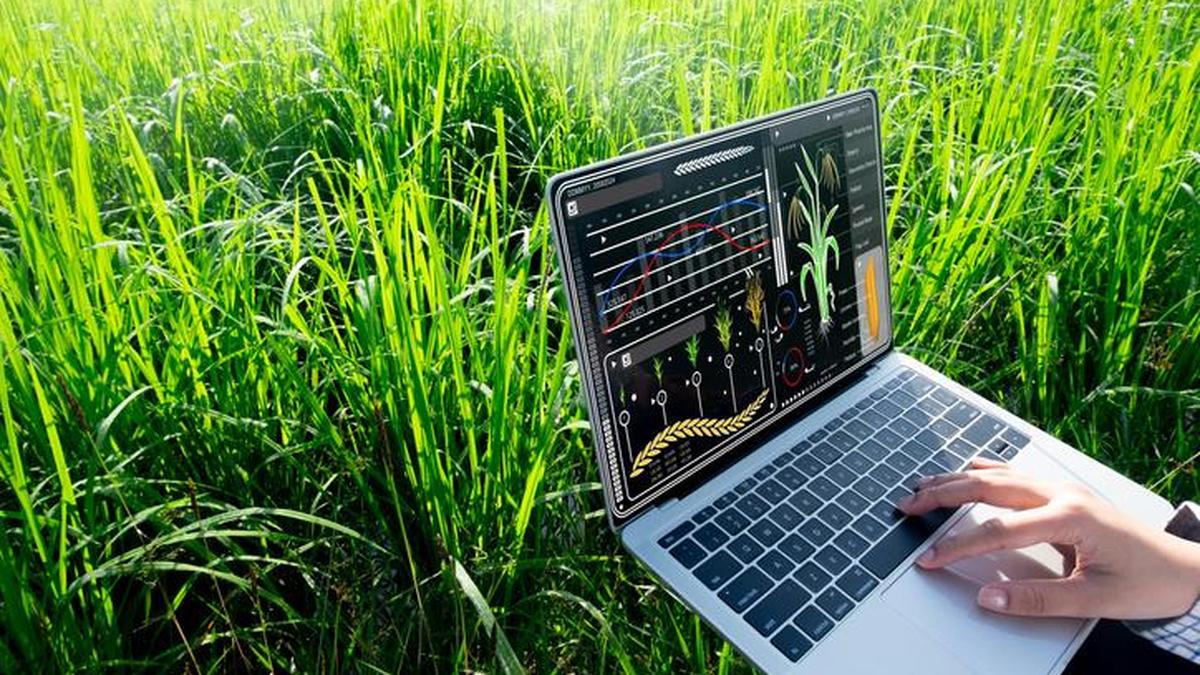



The MEA has launched Passport Seva Programme V2.0, a modernised passport system built using AI, cloud architecture, and microservices. It introduces ICAO-compliant ePassports with biometric chips to boost security, reduce fraud, support Digital India, and deliver faster, more efficient citizen services.

Copyright infringement not intended
Picture Courtesy: THEHINDU
The Ministry of External Affairs rolled out the “upgraded version” of the Passport Seva Programme (PSP).
Launched in 2010, it aims to provide passport services to Indian citizens and the diaspora.
Recently, the Ministry of External Affairs (MEA) announced the second phase of e-governance initiative, the Passport Seva Programme (PSP) V2.0.
The MEA partnered with Tata Consultancy Services (TCS), leveraging the latest technology in PSP V2.0 to enhance the digital ecosystem's security, efficiency, and citizen experience.
Core Technology Upgrade
Leveraging Artificial Intelligence (AI), Machine Learning, Chatbots, and Advanced Data Analytics to boost processing efficiency and improve user interactions.
Improved Citizen Experience
Redesigned app/website, easy online payments (UPI/QR), and 24/7 support via AI/voice bots for better grievance resolution.
Digital and Paperless Integration
Applicants can submit documents digitally through DigiLocker, eliminating the need to bring original documents to the Passport Seva Kendra (PSK).
Enhanced Security Measures
Biometrics offer enhanced security and access control. The government controls all strategic assets, including data centers and software; ensuring privacy..
PSP V2.0 introduces e-Passports for enhanced security and global compliance.
|
Component |
Details |
Benefits |
|
RFID Chip |
A microprocessor chip in the passport cover stores the holder's personal and biometric data (photograph, fingerprints). |
Makes the passport difficult to forge or tamper with, enhancing security. |
|
Biometric Data |
Digital storage of fingerprints and facial images on the chip, protected by a digital signature. |
Allows for faster and more accurate identity verification at automated immigration counters (e-gates). |
|
ICAO Compliance |
The e-Passport follows the standards set by the International Civil Aviation Organization (ICAO). |
Ensures global interoperability and seamless travel for Indian citizens. Over 150 countries now issue ICAO-compliant e-Passports. |
Enhanced National Security: Biometric passports reduce the risk of identity theft, forgery, and passport-related fraud, strengthening border control.
Improved Ease of Living: Simplifies and expedites the passport application process, making it more transparent and accessible for citizens.
Alignment with Global Standards: E-passports align India's travel documents with international security standards, resulting in smoother global travel and immigration for citizens.
Strengthening Foreign Policy: The Global Passport Seva Programme offers modern consular services to the Indian diaspora, supporting India's foreign policy.
The Passport Seva Programme V2.0 and e-Passports enhance citizen services, convenience, and security for Indian travellers, strengthening national security and digital empowerment.
Source: The Hindu
|
PRACTICE QUESTION Q. Analyse the role of technology in transforming public service delivery. 150 words |
It is an e-Governance initiative by the Ministry of External Affairs (MEA) to provide passport and related services to Indian citizens in a timely, transparent, and efficient manner. The program involves a countrywide network of Passport Seva Kendras (PSKs) and Post Office Passport Seva Kendras (POPSKs).
Required documents include proof of identity, proof of address, and proof of date of birth. Specific document requirements vary based on the service (fresh issue, re-issue, minor, etc.). You can use the "Document Advisor" link on the official Passport Seva Portal to find the exact list for your specific situation.
For adults, an ordinary passport is generally valid for 10 years from the date of issue. For minors (under 18 years of age), the validity is restricted to five years or until they attain the age of 18, whichever is earlier.





© 2026 iasgyan. All right reserved